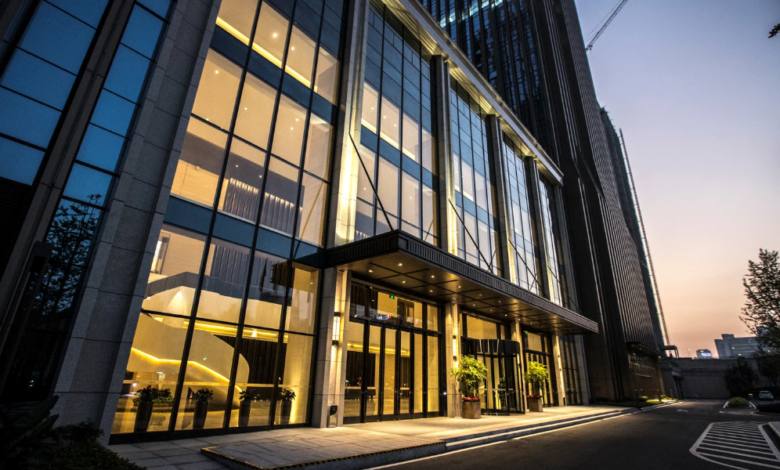How Commercial Architects Manage Project Timelines

In the commercial sector, time is money; every delay in architectural planning or execution can lead to higher costs, missed revenue, or contractual penalties. That’s why the role of commercial architects in Atlanta extends far beyond design. These professionals are responsible for orchestrating complex project timelines, ensuring deliverables remain on track from concept to completion while navigating permits, budgets, and evolving stakeholder expectations.
Establishing the Project Framework
The timeline for a commercial architectural project begins long before any construction starts. Initial phases involve feasibility studies, zoning research, and detailed discussions to align client goals with functional space requirements. Architects assess site conditions, regulatory constraints, and usage demands, all of which influence the pace and sequence of the project.
A detailed project schedule is established during the design development phase. This includes milestones for schematic drawings, design approvals, contractor bidding, and permitting. To manage these stages efficiently, architects use project management software that provides visibility across all moving parts, helping them track dependencies and avoid bottlenecks.
During this early stage, architects also walk clients through key considerations, scope definition, budgeting, and change management. These preparatory conversations often address the top questions asked before hiring a commercial architect, giving stakeholders clarity and helping prevent timeline disruptions later on.
See also: How to Choose Between Ducted and Ductless HVAC Systems for Your Home
Coordinating With Stakeholders and Vendors
Effective timeline management requires architects to serve as the central hub of communication. Architects coordinate directly with engineers, contractors, consultants, and local authorities to align all aspects of the build. Delays often stem from poor communication or unaddressed assumptions, so commercial architects structure frequent updates and check-ins into the schedule.
Material lead times, permitting timelines, and contractor availability are also factored in from the outset. Architects ensure that timelines remain realistic, with built-in flexibility for unexpected setbacks like weather delays, labor shortages, or code revisions.
This collaborative framework is particularly important in commercial architecture, where occupant needs and business operations are often ongoing during renovations or phased builds. Architects must design solutions that minimize disruption while staying within critical delivery windows.
Maintaining Momentum During Construction
Once construction begins, commercial architects continue to monitor progress, conduct site visits, and approve change orders or adjustments. Their involvement ensures design intent is upheld and specifications are followed accurately.
Timelines are frequently updated based on field conditions. An effective architect doesn’t just react; they anticipate. This means preemptively identifying supply chain issues, misalignments in contractor schedules, or conflicts in design documentation. Real-time issue resolution is essential to avoiding costly delays or last-minute design compromises.
In many commercial settings, the efficiency of the architectural timeline has a direct correlation with staff morale and productivity. When timelines are met and environments are delivered as planned, businesses experience smoother transitions and more functional workspaces. The connection between timely project delivery and employee productivity in commercial spaces is one that reinforces the importance of sound architectural leadership.
Conclusion
Commercial architects play a critical role in managing project timelines. Through strategic planning, constant coordination, and proactive oversight, they ensure that each phase is executed with precision. This level of control protects the project’s budget, schedule, and long-term performance. In commercial architecture, time management is not a task, it’s a discipline that determines project success.




